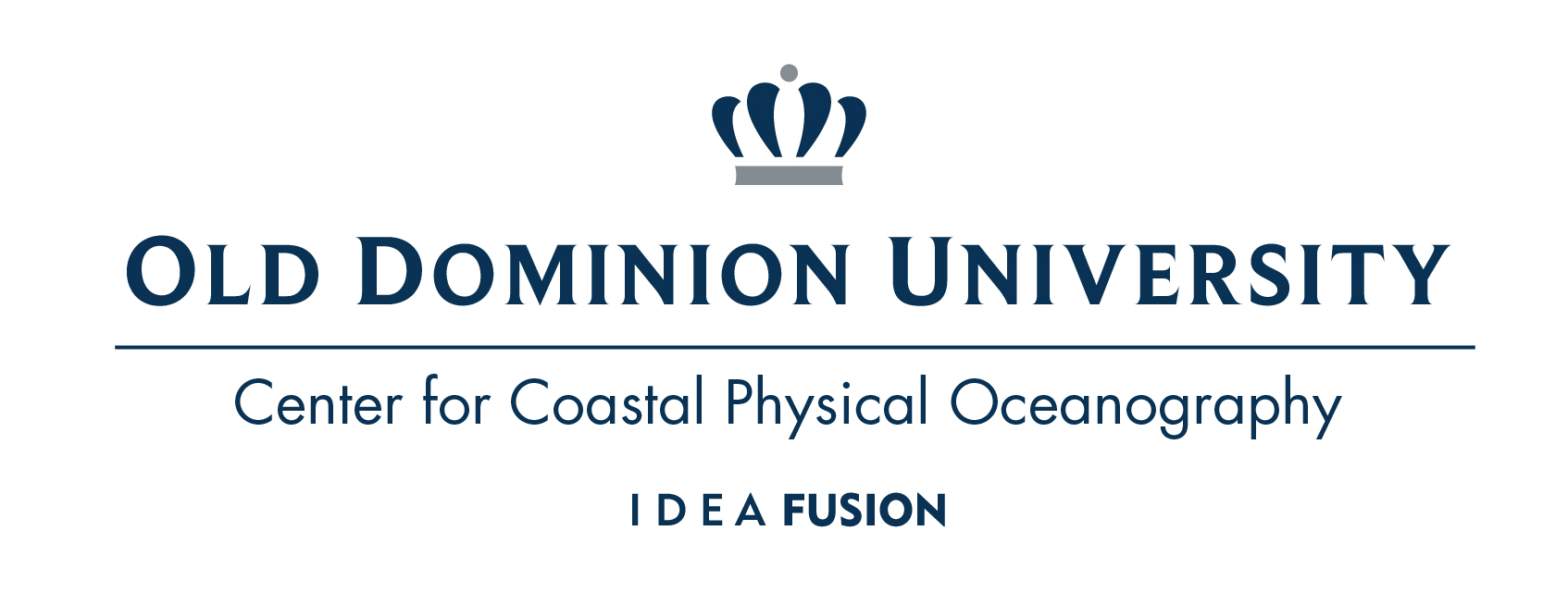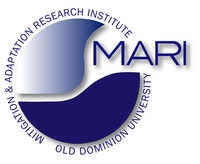

Jellyfish populations fluctuate across multiple temporal and
spatial scales. Globally, they have been shown to exhibit multi-decadal
cycles but individual populations within regions may fluctuate
enormously from year to year. Consequently the magnitude, timing and
location of bloom events are often very difficult to predict, making it
challenging for ecosystem models to forecast future trends. Identifying
the natural and anthropogenic biotic and abiotic environmental
conditions that regulate bloom dynamics is, however, essential for
understanding jellyfish population ecology, for capitalizing on the
ecosystem services they provide and for developing strategies for
predicting and managing problematic and unnatural bloom events. In this
seminar, I will provide a status update of a recent linear mixed model
meta-analysis (Condon et al. 2013) examining global trends in jellyfish
on all available long-term data sets from the past three centuries.
Spectral and wavelet analysis comparing long-term jellyfish indices with
natural and anthropogenic environmental variables further suggest 'jelly
cycles' are driven by natural astronomical cycles, which mediate global
heat and solar fluxes to the ocean. The implications of recent
experiments on the polyp and ephyrae stages of the cnidarian life cycle,
some of which were performed by 6th grade students as part of
my Toward Elementary Advancement in Marine Science Program
(http://condonlab.weebly.com/teams.html),
will be discussed in the context of mechanisms driving the 'jelly
cycles' and potential linkages to global climate change.
Rob Condon is an Assistant Professor in the Department of Biology & Marine Biology at the University of North Carolina Wilmington (UNCW). He received his BSc from the University of Melbourne, Australia, and PhD from the Virginia Institute of Marine Science (VIMS) in 2008. He has since held research scientist positions at the Bermuda Institute of Ocean Sciences (BIOS) and Dauphin Island Sea Lab in Alabama. His research interests include global jellyfish populations and their roles in biogeochemical cycles, oil spills including effects of Deepwater Horizon on planktonic food webs, and ecosystem metabolism. He also runs the TEAMS program (Toward Elementary Advancement Module in Science) designed to teach young students the process of science and to involve them in scientific research along with developing and nurturing their interest in marine science. For more information, please visit http://condonlab.weebly.com.

|
CCPO Innovation Research Park Building I 4111 Monarch Way, 3rd Floor Old Dominion University Norfolk, VA 23508 757-683-4940 |

|